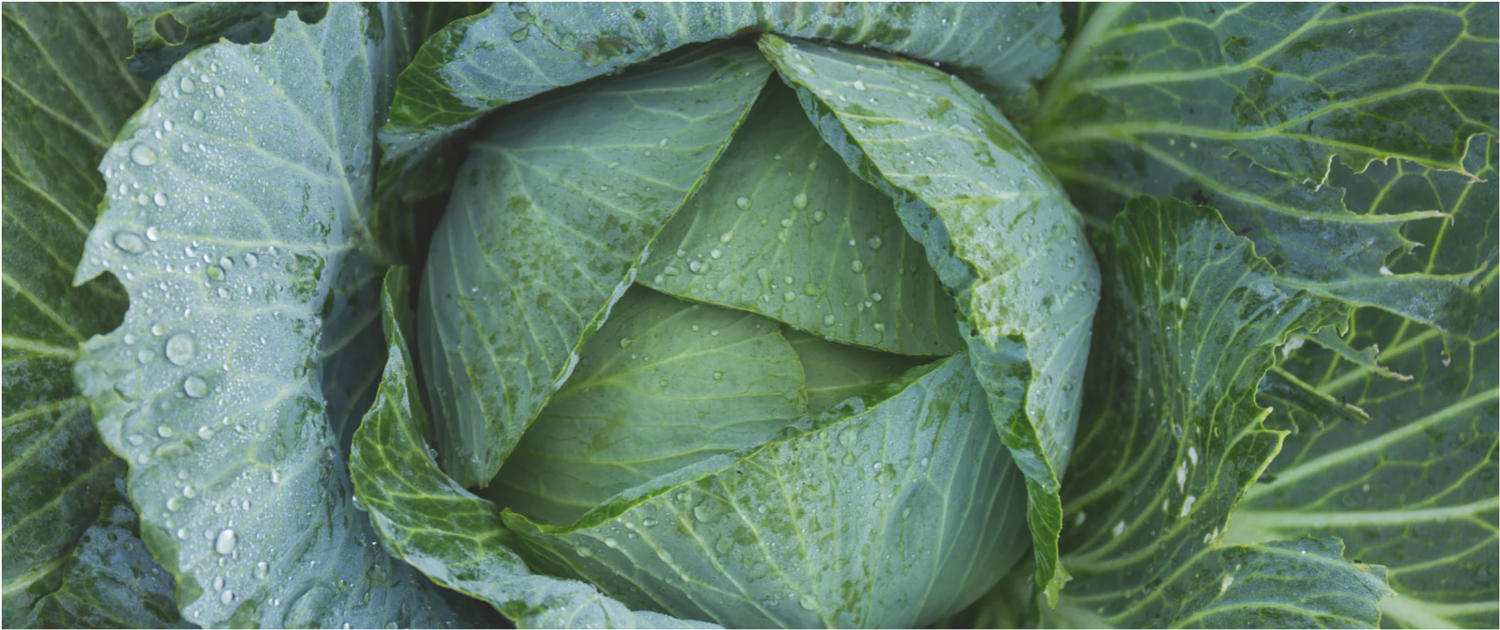
3 Signs Your Milk Supply Is Decreasing
Diaper distress: Paying attention to your baby's wet diapers is an essential clue to the health of your milk supply. A sudden decrease in the number of wet diapers could be an indicator that your milk production is dwindling. Newborns typically go through six or more wet diapers per day, while older infants may have slightly fewer but should maintain a consistent pattern.
Weight worries: Nothing weighs more on a mother's mind than her baby's weight gain. Monitoring your baby's growth through regular weight checks during well-baby visits is crucial. If you observe a sluggish weight gain or, worse, a decline on the scale, it may raise concerns about a diminishing milk supply.
Pumping predicament: For moms who rely on expressing milk with a breast pump, any decrease in the precious liquid can be disheartening. While the amount of milk pumped alone may not always paint an accurate picture of overall supply, a noticeable decline in the quantity you can express might suggest a dip in production.
Quench your thirst: Breastfeeding can be dehydrating because your body uses fluids to produce milk. Feeling thirsty is a sign that your body needs more fluids. By drinking water regularly, you can satisfy your thirst and prevent excessive dehydration.
Remember, occasional fluctuations in milk supply are normal and can be influenced by various factors like stress, illness, hormonal changes, or even suboptimal nursing or pumping techniques. If you find yourself troubled by your milk supply, reaching out to a knowledgeable lactation consultant or healthcare professional can provide you with personalized guidance and the support you need on your breastfeeding journey.




